Woodside approves investment in $7.2B Trion development in deepwater Gulf of Mexico; first oil in 2028
Green Car Congress
JUNE 23, 2023
First oil is targeted for 2028. Trion is located in a water depth of 2,500 meters, approximately 180 km off the Mexican coastline and 30 km south of the Mexico/US maritime border. Trion is a greenfield development that would represent the first oil production from Mexico’s deepwater. Trion was discovered in 2012 by PEMEX.

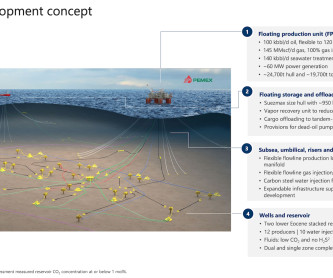
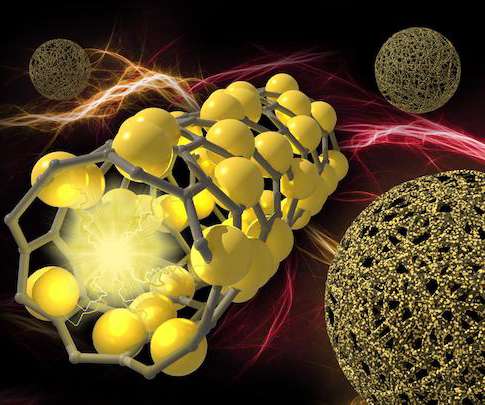





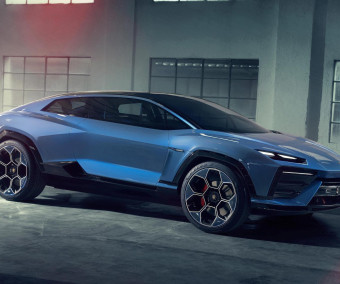






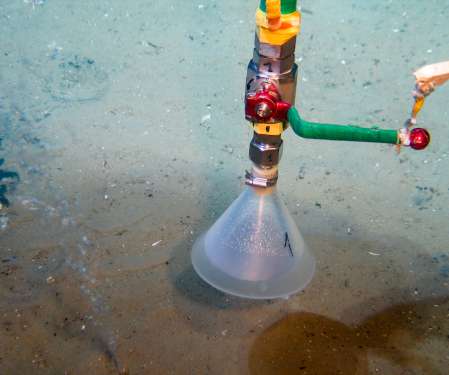
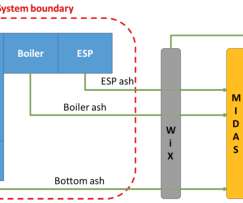















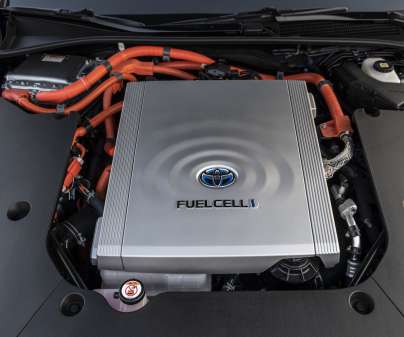






Let's personalize your content